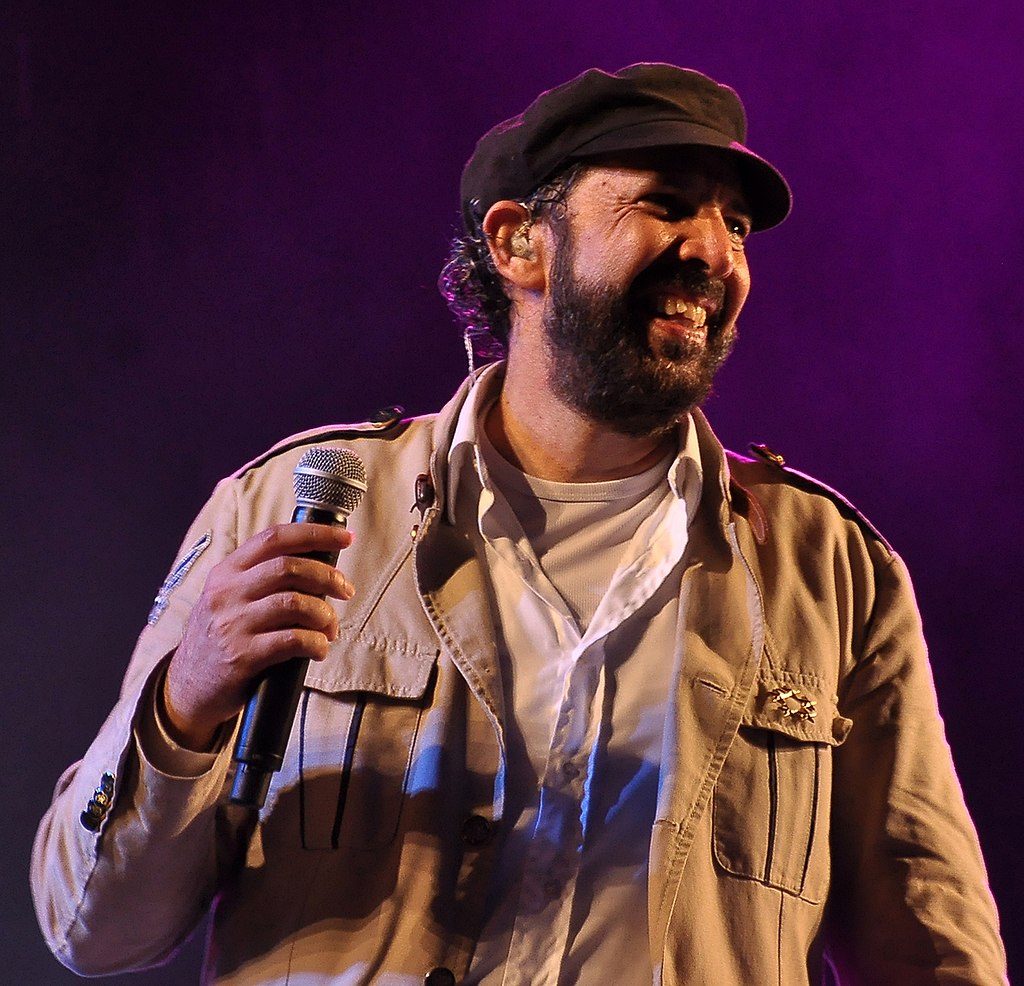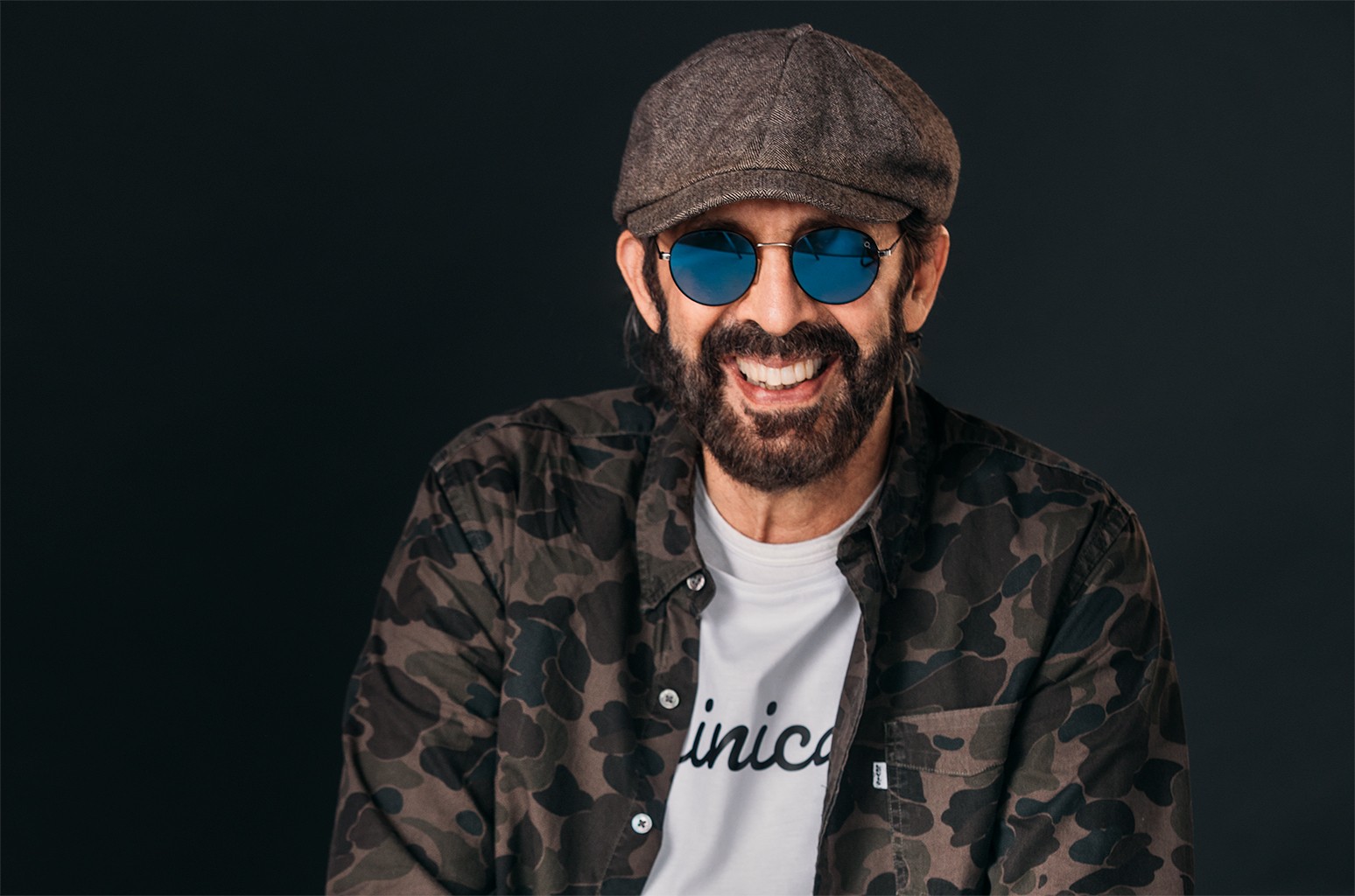Juan Luis Guerra
Juan Luis Guerra Seijas (Santo Domingo, Dominican Republic; June 7, 1957), better known as Juan Luis Guerra, is a Dominican singer, composer, arranger, musician, producer, and businessman who has sold more than 70 million records1 and who He has won numerous awards, including 24 Latin Grammys, two American Grammys, and three Latin Billboard Awards.
In 2007, he was the top recipient of 6 Latin Grammys. It won 3 Latin Grammys in 2010, including an Album of the Year. In 2012, he won a Latin Grammy for Producer of the Year. 2

He was also the top winner at the Latin Grammys in 2015, with three gramophones.3 His commercial career began with the albums Mudanza y acarreo and While more I think about it ... you. He and his band were nominated to attend the OTI Song Festival and represent the Dominican Republic. His next album, Ojalá que llueva café (1989), brought him international recognition. On this album, he mixes merengue with soft melodies and super-fast backing tracks, immediately becoming a hit in many Latin American countries, with the song of the same name as the first single. Later, the video of the song was filmed, and Juan Luis Guerra and his band 4.40 begin to travel. The song was revived in 1996 and 2008 with covers by Mexican band Café Tacuba and Spanish singer Rosario Flores.

On December 11, 1990, he released his next album, Bachata rosa, which became a huge success and awarded Guerra his first Grammy. The album, which had sold more than five million copies at the time, managed to keep Guerra firm on his tour of Latin America, the United States and Europe. This album contains memorable love songs such as "Bubbles of love", "Pink Bachata", "Rosalía", "Like a bee to the honeycomb", "To ask for your hand", "Love letter", and "Little stars and elves".
In 1992, he released his most socially committed album, Areíto (which is a Taíno word), and his first hit, "The Cost of Life" (number one on the Hot Latin Tracks, where Guerra was the first tropical music artist to play accomplished this feat), whose video has a clear anti-capitalist message. Other songs included in this album protest against the bad conditions in many Latin American countries, talk about the celebration of the "discovery" of America and the double standards of the First World countries.
On the album Fogaraté (1994), Guerra broke away from protest songs. This album is especially focused on the more rural and less known musical genres within Dominican music, such as the perico ripiao.